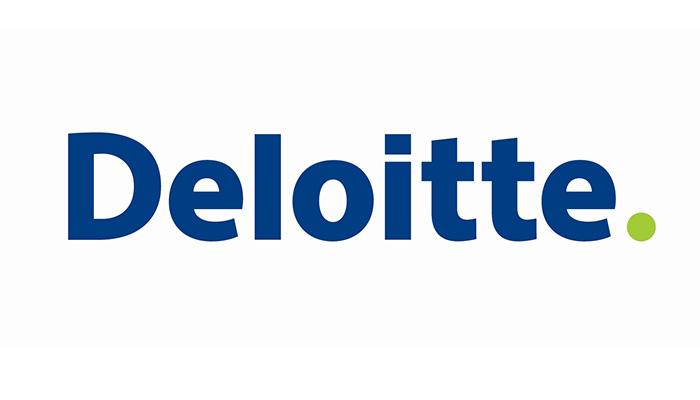
Deloitte report outlines key strategic risks facing businesses over the next three years
Global business executives jointly rank pace of innovation (30 percent) and increased regulation (30 percent) as the key strategic risks forecast to impact their business strategy over the next three years, according to the Risk Sensing: The (evolving) State of the Art report released today by Deloitte. Talent (25 percent) and reputation (24 percent) also ranked high.
The survey conducted with Forbes Insights, asked 155 C-level executives from companies representing major industries around the world about their companies’ risk sensing capabilities and the publication outlines an approach to developing and enhancing the risk sensing process. Risk sensing employs human insights and advanced analytics capabilities to identify, analyze, and monitor emerging risks to the organization’s business model, long-term viability, and ability to create value.
“The majority of executives surveyed have strategic risk sensing capabilities in their organizations. However, these capabilities often overlook key elements, lack technical depth, or leave the organization open to the very risks that risk sensing should be protecting against,” said Fadi Sidani, partner and Enterprise Risk Services leader at Deloitte Middle East.
Additional key findings include:
- Companies apply risk sensing, but less often to strategic risks - Eighty percent of respondents use risk sensing tools. Even though strategic risks tend to be most important to senior executives, the tools are applied most often to financial risk (71 percent), compliance risk (66 percent), and operational risk (65 percent), and less often to strategic risk (57 percent).
- Management of talent - Two-thirds of respondents employ people with the knowledge needed to monitor, analyze, and act on risk sensing data. However, about one-third (36%) are less certain that they have the right people.
- Traditional and new risk management tools are needed- Many executives believe both traditional and new tools are needed. However, when factoring in the pace of innovation risk, the survey respondents indicated that using risk sensing to leverage data is the key way to mitigate the risk of being left behind (49 percent).
“A starting point for monitoring strategic risks would be to identify the long term objectives of the organization—those, that if negatively impacted, would alter the key forces that drive your sector. Those forces can be organized into domains, such as economic, regulatory, customer, technological, operational, funding, and research and development, and include scientific, engineering, or other advances that could affect basic drivers of value, ” said Sidani.



























